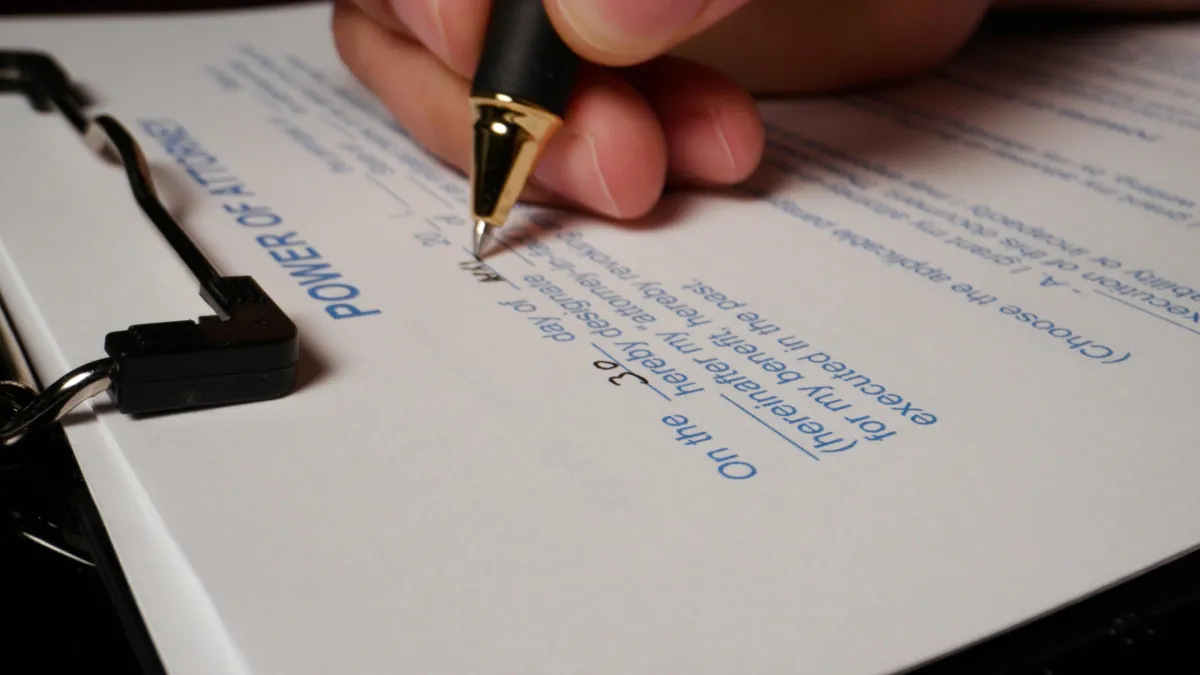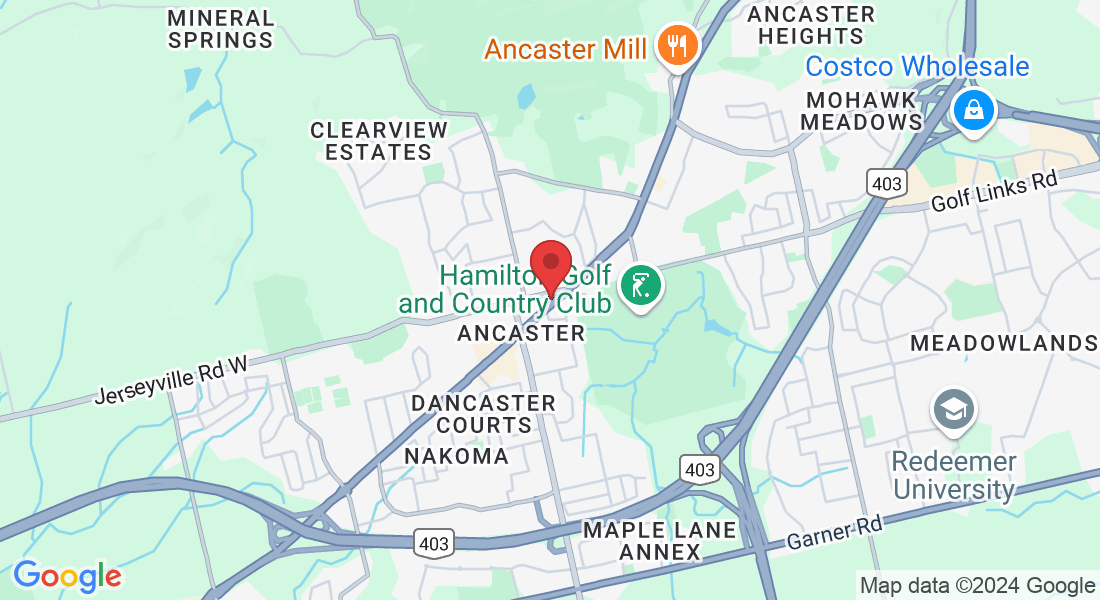OUR BLOG

What is a Power Of Attorney and Why Do I Need One

Drafting a Final Will and Testament is generally accepted as being an important task in one’s life. We all consider what our wishes are for after we die– but what about while we are still living?
There are two types of Powers of Attorney: general and continuing. A General Power of Attorney exists so that a trusted individual may act on your behalf for a specific period of time or a specific purpose, for example the sale of your home. The General Power of Attorney comes to an end after the specific time period ends, or the specific purpose is completed; it also automatically ends if you become incapacitated. A Continuing Power of Attorney is a very important estate planning tool that gives a trusted individual, or individuals, the ability to make decisions on your behalf in the case that you become incapacitated or otherwise unable to manage your own affairs. This person who you appoint to manage your affairs is called your “attorney,” but they do not have to be a lawyer.
This article will answer common questions about Continuing Powers of Attorney and how they can help you and your loved ones in the case that you become incapacitated.
What can my attorney do for me?
You can draft a Power of Attorney for personal care and a Power of Attorney for property. Your attorney for personal care is empowered to make medical decisions for you while you are incapacitated. For example, if you are in an accident and lose consciousness, your attorney can consent to or refuse medications or treatments on your behalf while you are unable to do so. Similarly, your attorney for property is empowered to make decisions regarding your property and finances on your behalf while you are incapacitated. This way, your bills will remain paid, your investments will remain managed, and your finances will be kept in order if you ever lose the ability to manage them on your own.
You can pick different attorneys for property and for personal care. Additionally, you can appoint multiple attorneys jointly, so that all decisions must be made together and agreed upon by more than one person.
Your attorney is bound by any restrictions that you set out in your Power of Attorney documents, but barring this, they can make almost any decisions that you could, such as signing your cheques and buying or selling real estate. The only thing your attorney cannot do is make a will for you. However, your attorney is bound to act in your interest, and can be required by law to account for how your property is being used.
Who should I pick to be my attorney?
As a rule of thumb, you should always appoint someone who you trust, and moreover someone who is capable of acting on your behalf. “Capable” can mean a variety of things, but general questions that you should be able to answer are:
Does my attorney live nearby enough to urgently tend to my needs?
Do I share similar values with my attorney?
Does my attorney have a good track record with money?
Is my attorney willing to take on this responsibility?
You may feel that different parties would be better suited to act as your attorney(s) for personal care, while you might have someone else in mind to manage your property. It is a good idea to discuss this decision with your lawyer to make sure you are appointing the right person to manage your affairs.
When should I draft my Power of Attorney documents?
You must be mentally capable at the time that you sign any Power of Attorney. In order to be considered “mentally capable” you must be able to understand, appreciate financial, legal decisions and understand consequences of such decisions. It is difficult to plan for a time when you may become incapacitated; therefore, it is recommended that you draft Powers of Attorney as soon as you can. You never know when you might become incapacitated, and having a plan for this can not only save time and money, but help your loved ones to avoid seeking a court certificate to manage your affairs at an already difficult time.
You should never feel pressured to sign a Power of Attorney. If you wish to draft one, seek advice from the experienced professionals to ensure that your Power of Attorney is properly drafted and reflects your wishes.
Our Office
Filice Law Professional Corporation
71 Wilson Street East
Ancaster, Ontario L9G 2B3
Tel: 905-383-0828
Email: [email protected]
Pages
How We Can Help
Resources
(c) 2023 Filice Law Professional Corporation
Website by Magellan Publishing Inc.


